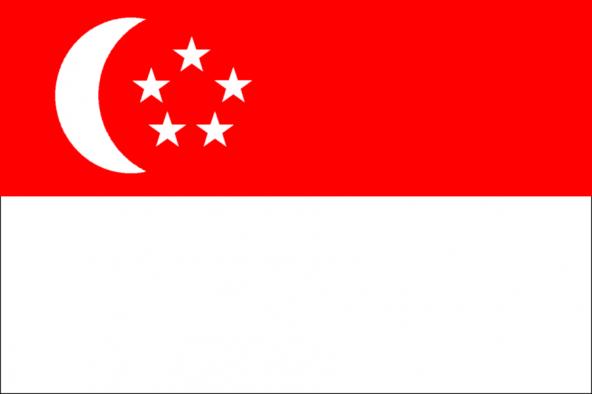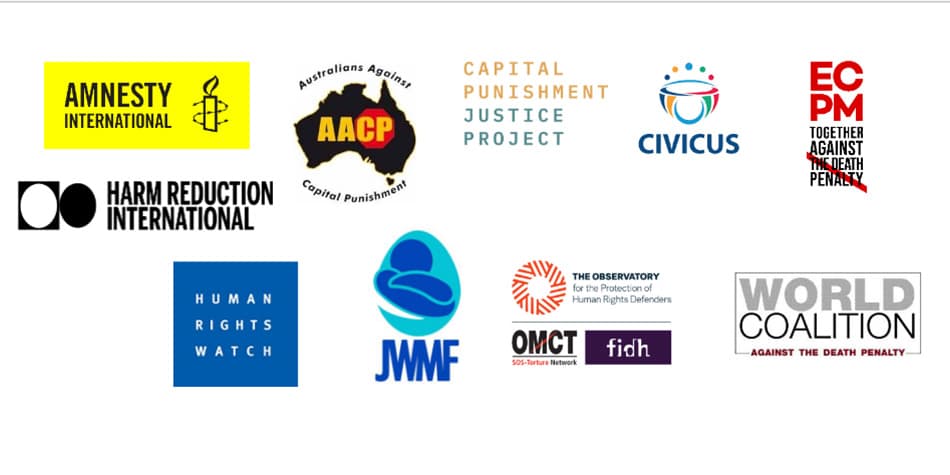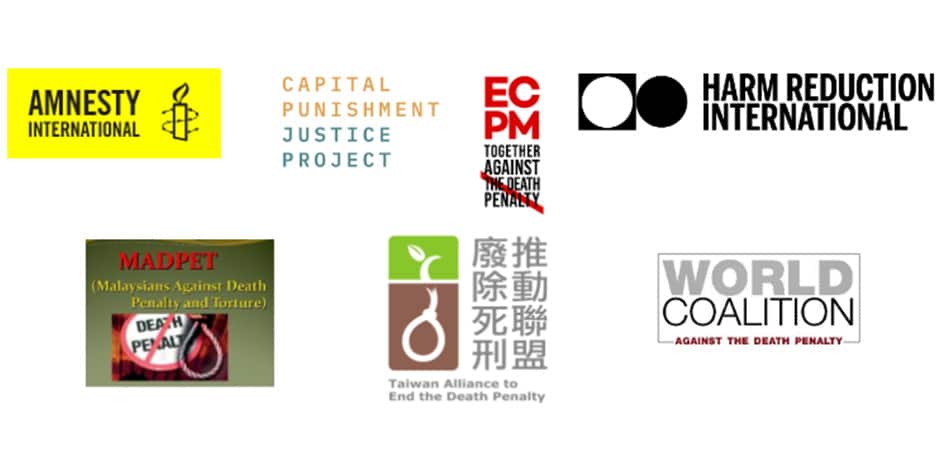
Singapore: the government threatens abolitionists and human rights defenders.
Asia
A disappointing death penalty reform
With more than 70 executions per year, Singapore’s rate of executions was one of the highest in the world in the 90s. With five or fewer executions per year since 2009, the situation dramatically improved in the country. The announcement of the suspension of all executions in 2012 by the Singapore’s Deputy Prime Minister gave a glimpse of hope to the abolitionists. The death penalty reforms quickly disappointed abolitionists and international observers, however.
Whereas the death penalty reforms aimed to amend the mandatory death penalty for murder and drug trafficking offenses, judges have kept pronouncing mandatory death penalty, even in cases when discretion was available. An Amnesty International report also reported that the death penalty was not only used in “most serious cases”, as it is prescribed under international law. Since 2013, 34 individuals were sentenced to the mandatory death penalty for drug trafficking as they did not reverse the presumption of possession and knowledge which they bore.
The certificate of assistance opens the door wide to arbitrariness
The death penalty reforms of 2013 introduced a concerning feature to Singapore’s criminal justice system: The certificate of assistance. To let judges exercise discretion, the prosecution needs to provide a certificate of assistance. In other words, if the defendant cannot provide any substantial information to the prosecution office, the judge will be bound to apply the mandatory death penalty. According to Amnesty International, 34 individuals out of 51 were sentenced to the mandatory death penalty because they did not meet the requirements necessary to obtain this certificate.
This proceeding constitutes a clear violation of the right to a fair trial since it gives more power to a party which is neither neutral nor a judge. By issuing these certificates without involving defense lawyers and magistrates, the Singapore’s prosecution office has a direct influence on the outcome of a case. Moreover, because most of the defendants are lower in the drug trafficking hierarchy, they are less likely to provide meaningful and substantial information to the prosecutor. Hence, the odds to be sentenced to the mandatory death penalty are higher and the grounds for appeal very limited.
Singapore positions itself as a pro death penalty champion
In addition to this, Singapore has shown staunch support to the death penalty. Indeed, the Singapore government legitimates the use of the death penalty by its “effective deterrent effect”. “The death penalty has deterred major drug syndicates […] and we have successfully kept the drug situation under control” said the Minister of Foreign Affairs, Vivian Balakrishnan. In its report, Amnesty International has shown how executions have no effects on the criminality rate, however.
Singapore has also positioned itself a pro death penalty champion at the international level. For the 6th resolution calling for a universal moratorium on executions, Singapore was the leader of a small group of countries opposed to the resolution and signed a statement of dissociation. Thus, despite the statement made by Minister Shanmugam stating that the government was open to discussions, Singapore remains fiercely opposed to the abolition of capital punishments in the country.
Endangered abolitionists
This hostility of Singapore also manifests itself against abolitionists in the country. Indeed, whereas Singapore promotes itself as a progressist and modern State-city, the authorities have repeatedly repressed critical opinions about the retentionist regime. In publishing a book highlighting the discriminatory aspect of the death penalty in Singapore, Alan Shadrake was sentenced to 6 weeks of prison and a $20,000 fine for “scandalizing the court”. The Attorney General also considered his refusal to apologize as an “aggravating fact. “I wouldn’t apologize for something I believe in and something I knew to be true…In Singapore, even if it is true, you are not supposed to say it” declared Shadrake.
Human Rights Watch reported other serious violations of abolitionists’ peaceful right to assembly. Indeed, the right to peaceful assembly is extremely restricted in the country: “public assembly” encompasses various actions such as handling out leaflets on the death penalty or organizing a silent sit in. Hence, Kirsten Han, activist and free lance journalist, has been summoned over her participation in a candlelight vigil held for a Malaysian prisoner executed two months ago. Han had to present herself to answer questions regarding her “illegal” participation in a public assembly without a permit. “When a simple, non-violent, quiet vigil for a man about to be hanged by the state is deemed an illegal assembly worthy of a police investigation, perhaps it is time to think about whether we are striking the right balance between public order, freedom of assembly and compassion” said Han to ADPAN.
This repressive arsenal of sanctions creates an atmosphere of fear where it is hard for abolitionists and human rights defenders to take action. “For example, when the Indonesians are about to execute someone, we can’t protest outside the Indonesian embassy” said Singaporean activist Rachel Zeng to Human Rights Watch. The prosecution of death penalty activists and the recent arrest of the human rights defenders, Jolovan Wham, constitute a scare tactic to silence any dissidents in Singapore.
Abolitionists fight back
The repression does not prevent abolitionists to take action and stand up for the abolition of the death penalty in the country. After the false assertions of Minister Shanmugam claiming that “abolitionists romanticized individuals who have been involved in the drug trade”, six abolitionist groups issued a joint response. For organizations such as the Singapore Anti-Death Penalty Campaign or We Believe in Second Chances, the Minister made “misleading claims” and needs to make public the research and data about the death penalty in Singapore.
At an international level, organizations such as Amnesty International or Human Rights Watch have repeatedly released reports on the situation in Singapore. Both organizations, the International Commission of Jurists and We Believe in Second Chances issued submissions denouncing the criminal justice system for the 24th session of the Universal Periodic Review. Thanks to this mobilization, Singapore received 42 recommendations urging it to abolish the death penalty. Thus, despite the on-going repression, the network of abolitionists will remain active and will continue to advocate for the abolition in the country.
More info
> Singapore – Anti-Death Penalty Activist, Kirsten Han summoned over Singapore vigil for Prabagaran
Categories
Singapore






